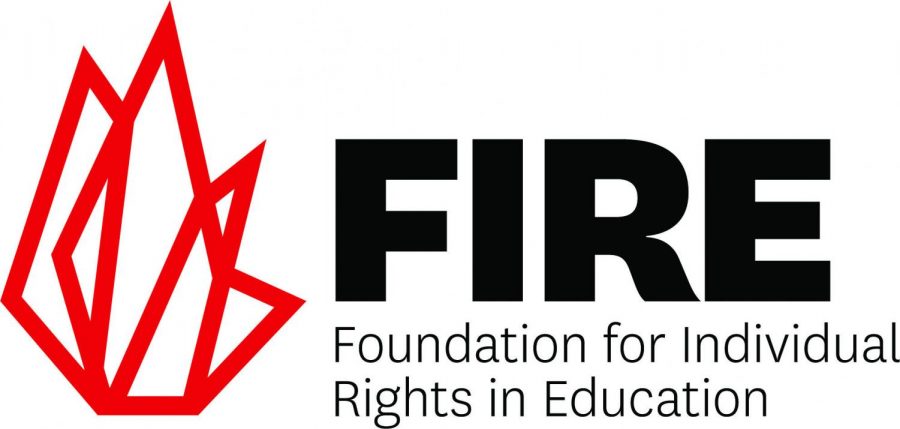Kansas Board of Regents under fire
March 24, 2015
When the Foundation for Individual Rights in Education announced its 10 Worst Colleges for Free Speech in 2014 earlier this month, one entity on the list hit a little close to home.
Citing a policy enacted in 2013 that restricted social media use for university employees across the state, FIRE named the Kansas Board of Regents among the worst threats to campus free speech in the country. According to FIRE, which advocates for individual rights on campuses nationwide, the policy prevents university employees from exercising their First Amendment rights.
“The Kansas Board of Regents enacted this overbroad, overarching policy in response to a controversy that arose in September 2013,” said Azhar Majeed, FIRE’s Director of Individual Rights and Education Program. “In that case, a University of Kansas professor posted some messages to his personal Twitter account in which he was critical to the National Rifle Association following a shooting that garnered a lot of national attention. In response to this one thing, the policy hampers the free speech rights for a lot of professors across the state.”
While FIRE did not cite any other specific concerns with the Kansas Board of Regents, the passage of this policy, along with its residual effects, was enough for the organization to take action.
“We have great concerns when one incident that garners a lot of attention and controversy causes a public body to take action that affects so many professors at so many universities,” Majeed said. “When you have an overarching policy like this, which broadly restricts free speech rights, that’s a very unfortunate development and something could chill a lot of speech on the part of faculty members.”
Media attention and backlash surrounding the situation caused the board to revise the policy in May of last year. However, those revisions were minor and language that Majeed considered questionable remained unchanged.
“There are a number of provisions I could highlight, but most concerning to me was that the policy kept the ban on any language that impairs harmony among co-workers,” Majeed said. “You don’t have to be a First Amendment attorney to understand that there is no clear definition to what kind of speech impairs harmony among co-workers. So really, it’s up to the body or person enforcing that policy to determine what that provision means.”
To ensure the individual rights of college students across the country, FIRE keeps a close eye on news reports involving campus censorship. Majeed also encourages students who feel their rights are being infringed upon to contact FIRE.
“We’re always happy to work with people on free speech issues. Of course, if we think there is a First Amendment violation, we will get directly involved and reach out to the university,” Majeed said. “But we also encourage students and faculty to stand up for themselves. That can take the form of holding a campus event where they can help raise awareness, they can write about their experience in a local or campus paper or they can also try to work with administration to get the issue resolved. We have always preferred to work amicably with colleges to resolve these issues, rather than seek litigation to get a course of action overturned. However, we won’t hesitate to litigate if that’s what is ultimately necessary to vindicate those rights.”
For more on FIRE, visit www.TheFire.org



